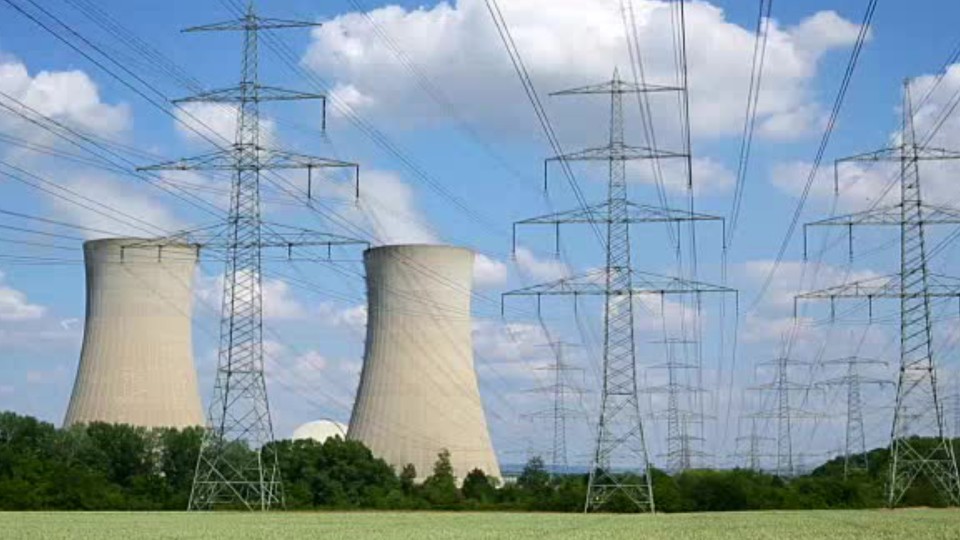Nuclear Technicians
Licensed Nuclear Operator, Nuclear Auxiliary Operator, Nuclear Equipment Operator (NEO), Operations Technician
 Select a military branch to see samples.
Select a military branch to see samples.
Aerospace Medical Service; Aerospace Medical Service Apprentice, Independent Duty Medical Technician; Aerospace Medical Service Craftsman, Flight and Operational Medical Technician; Aerospace Medical Service Helper, Aeromedical Education Technician; Aerospace Medical Service Journeyman; Aerospace Medical Service Journeyman, National Registry Paramedic; Dental Assistant Craftsman, Dental Hygienist; Emergency Management Craftsman; Health Services Management Apprentice; Health Services Management Superintendent
Chemical, Biological, Radiological, and Nuclear (CBRN); Nuclear and Countering Weapons of Mass Destruction (CWMD)
Health Services Technician
Aircraft Nondestructive Inspection Technician; Chemical, Biological, Radiological, and Nuclear (CBRN) Defense Specialist
Aircraft Non-Destructive Inspection Technician; Health Physics Counting System Operator (HPCSO); Nuclear Power Research Project Officer; Radiation Health Technician; Ship's Engineer Officer, Nuclear (Electrical); Ship's Reactor Control Assistant; Submarine Nuclear Propulsion Plant Operator - Electrical; Submarine Propulsion Plant Electrical Supervisor; Surface Propulsion Plant Electrical Operator; Surface Reactor Controls Supervisor
No similar titles were found.
What they do:
Assist nuclear physicists, nuclear engineers, or other scientists in laboratory, power generation, or electricity production activities. May operate, maintain, or provide quality control for nuclear testing and research equipment. May monitor radiation.
On the job, you would:
- Follow nuclear equipment operational policies and procedures that ensure environmental safety.
- Conduct surveillance testing to determine safety of nuclear equipment.
- Monitor nuclear reactor equipment performance to identify operational inefficiencies, hazards, or needs for maintenance or repair.
Knowledge
Safety and Government
- public safety and security
- law and government
Engineering and Technology
- mechanical
- product and service development
Math and Science
- physics
- chemistry
Education and Training
- teaching and course design
Skills
Basic Skills
- keeping track of how well people and/or groups are doing in order to make improvements
- listening to others, not interrupting, and asking good questions
Problem Solving
- noticing a problem and figuring out the best way to solve it
People and Technology Systems
- thinking about the pros and cons of different options and picking the best one
- measuring how well a system is working and how to improve it
Abilities
Verbal
- listen and understand what people say
- read and understand what is written
Ideas and Logic
- notice when problems happen
- order or arrange things
Visual Understanding
- quickly compare groups of letters, numbers, pictures, or other things
- see hidden patterns
Attention
- pay attention to something without being distracted
Personality
People interested in this work like activities that include practical, hands-on problems and solutions.
They do well at jobs that need:
- Perseverance
- Stress Tolerance
- Self-Control
- Cooperation
- Cautiousness
- Integrity
Technology
You might use software like this on the job:
Data base user interface and query software
- Microsoft Access
- Structured query language SQL
Presentation software
- Microsoft PowerPoint
Operating system software
- Linux
- Microsoft Windows
Education
Education: (rated 3 of 5)
Job Outlook
Below Average
New job opportunities are less likely in the future.
Explore More
- Hydroelectric Plant Technicians
- Nuclear Monitoring Technicians
- Nuclear Power Reactor Operators
- Power Plant Operators
- Stationary Engineers & Boiler Operators
You might like a career in one of these industries:
See more details at O*NET OnLine about Nuclear Technicians.





